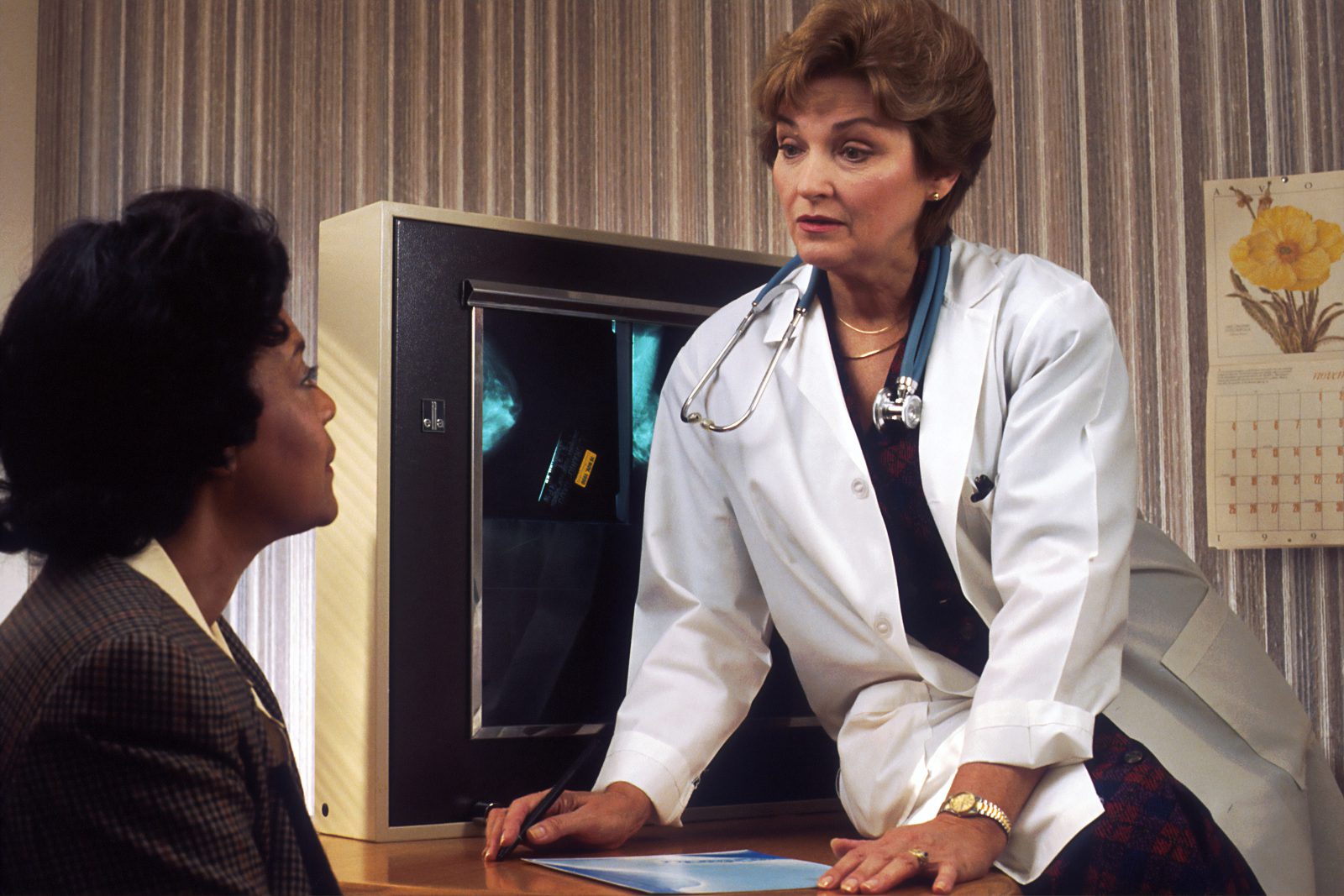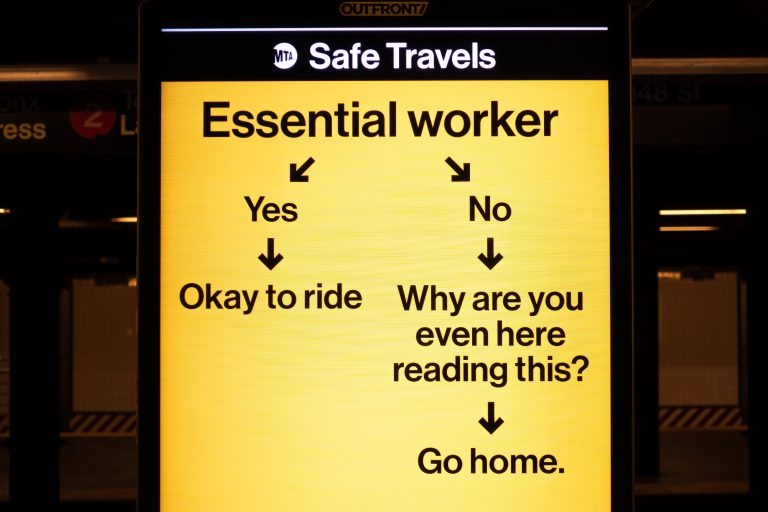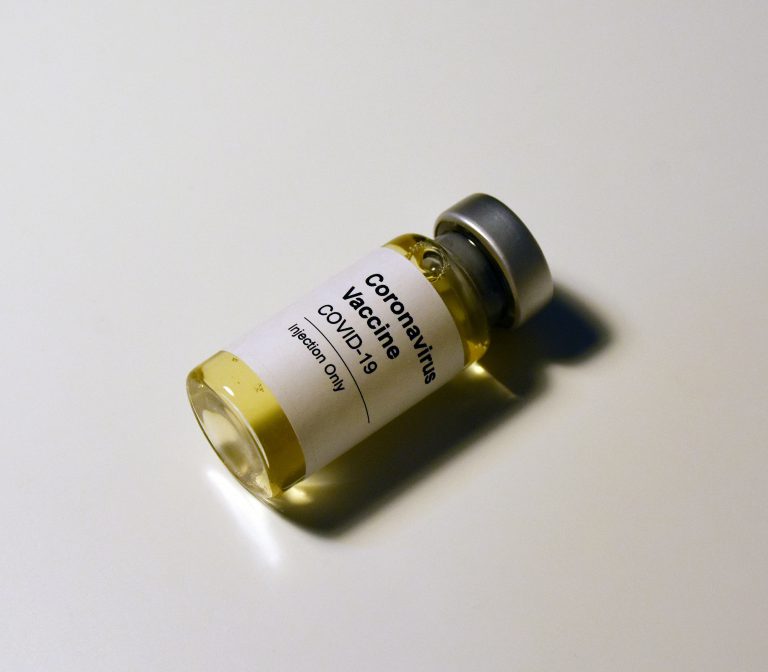Amid a global epidemic, there’s been a strong focus on proper handwashing. The outbreak of the coronavirus has encouraged more people to wash their hands thoroughly.
The question is — could handwashing effectively decrease the rate of this epidemic?
Did you know that 30% of people in the world actually do not wash their hands? A few weeks before the coronavirus outbreak in Wuhan, China, a study was released by the Massachusetts Institute of Technology (MIT), showing that improving the frequency of handwashing by travelers passing by some of the world’s leading airports can help reduce the spread of infections and diseases.
A Deep Dive into Proper Handwashing
The study was based on epidemiological modeling and data-based simulations by Professor Christos Nicolaides PhD from the University of Cyprus and a fellow at the MIT Sloan School of Management, Professor Ruben Juanes of MIT’s Department of Civil and Environmental Engineering along with three others. Along with their research, they also used previous data on the effectiveness of handwashing in controlling the spread of disease.
Based on their research, 70% of people who go to restrooms wash their hands afterward, the other 30% don’t, while only 50% of those who wash their hands do it correctly. These figures are alarming, seeing the frequency of people traveling around the world daily. These findings are also in line with recommendations by the Centers for Disease Control (CDC) and the World Health Organization (WHO).
How to Slow Down an Epidemic
According to the CDC, handwashing practices include using soap and scrubbing the palms, the back of the hands, under the fingernails, and between the fingers. The WHO as well has a set of guidelines on its website that teaches people how to wash their hands properly.
The researchers also stated that it’s possible to gain positive results by merely identifying the ten most essential airports nearest to the source of an outbreak. Once these airports are identified, there must be a strict implementation of handwashing that could bring about a wide-scale awareness to people who pass by through these airports.
According to Nicolaides, an effective way to improve the rates of proper handwashing at airports would be to have more sinks available deployed at various locations. He also proposed frequent cleaning of surfaces that often receive human contact.
The deadly new coronavirus has killed more than a thousand people in the past months, mostly in China, and public-health experts are still unsure of how exactly the virus spreads. Due to the absence of a vaccine, the CDC recommends preventive actions that can help control the spread of any respiratory infections.
Handwashing with soap and water for 20 seconds at minimum, especially going to the bathroom, before eating, among others, may significantly help reduce the spread of this virus and any other viruses. The CDC also reminds people to use hand sanitizers with at least 60% alcohol to effectively kill the remaining bacteria.
Final Words
Proper handwashing has always been consistent advice by healthcare professionals, but it remains to be one of the things that many people take casually. As more awareness shines a light on proper handwashing and the recent epidemic, may this serve as a lesson for everyone to PLEASE, WASH YOUR HANDS PROPERLY.
Browse our website today for more news in the medical industry.
















